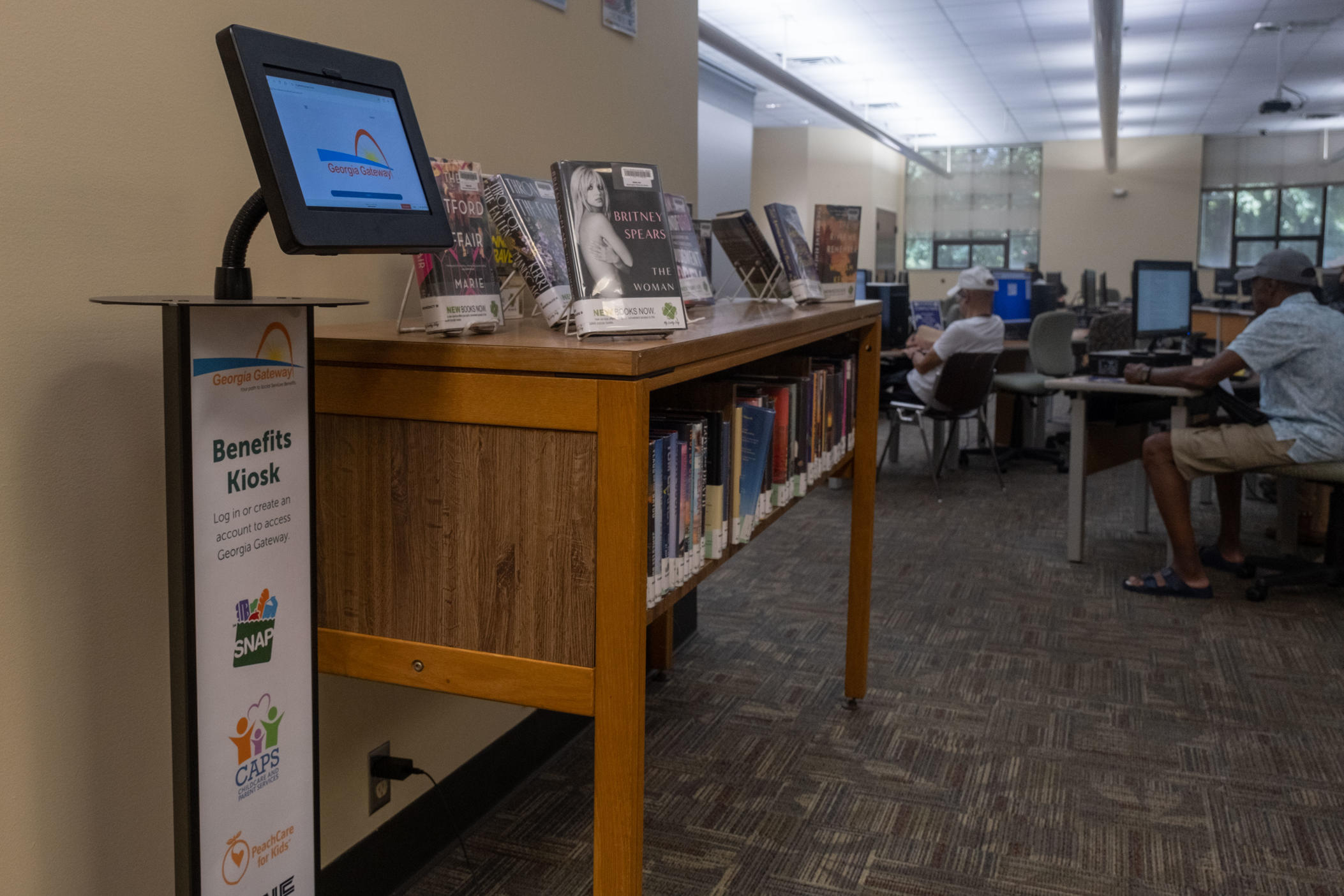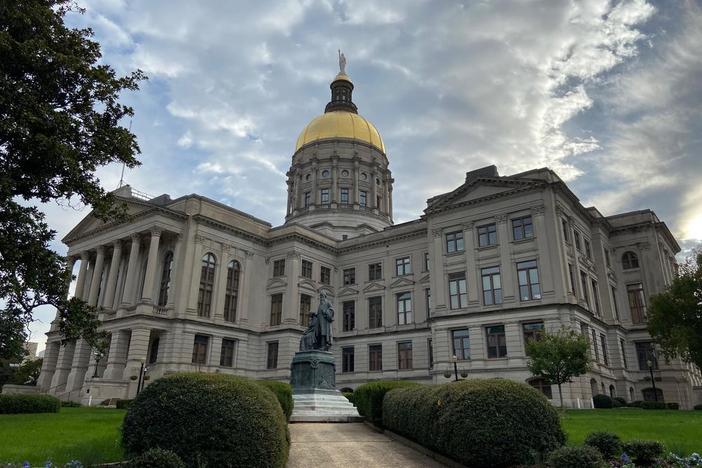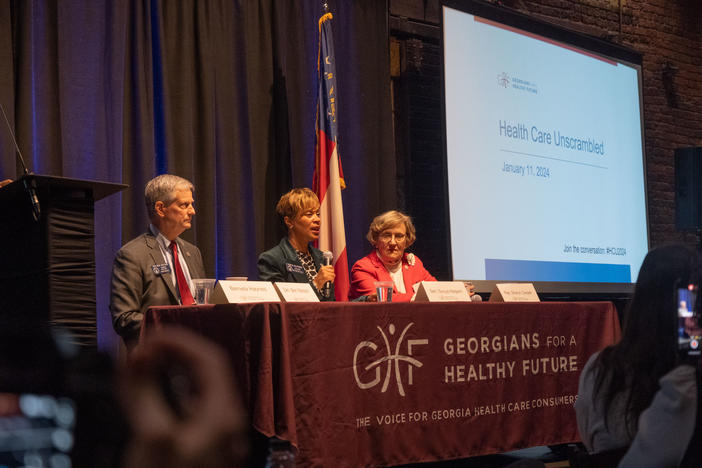Section Branding
Header Content
New library kiosks make it easier to apply and manage critical public health benefits
Primary Content
At Washington Memorial Library, the computer lab stays busy.
“Libraries are a core access point for all sorts of things,” said Jennifer Lautzenheiser, director at the Middle Georgia Regional Library system.
That includes logging in to Georgia Gateway, the portal that is the entrypoint to access accounts for critical programs like Medicaid, the Supplemental Nutrition Assistance Program, WIC and TANF.
Enough people at Washington Memorial have asked for help with Gateway that the library started a how-to class.
“Whenever we see routine need, then we try and develop some sort of support for that,” Lautzenheiser said. "And this is not an isolated experience for us here in Middle Georgia."
Washington Memorial is now one of about 300 public libraries around the state to receive a kiosk making accessing Georgia Gateway that much easier.
The standalone touchscreen pads were distributed through a partnership between the state Department of Human Services and Georgia Public Libraries Services.
“With weekend hours and internet access in rural parts of the state, public libraries offer our customers additional access points so they can complete a renewal or manage their cases easily,” DHS Commissioner Candice Broce said in a press release.
People can log in and scan relevant documents to upload through the mobile Gateway application using the self-service kiosks, which Lautzenheiser said is more efficient than using a library computer.
Users will still need to contact DHS caseworkers with any benefits issues.
The kiosks were paid for using allocated funds from the U.S. Department of Agriculture Food and Nutrition Services, with the total project costing at most $500,000, according to a spokesperson for DHS.
It's the latest in a series of investments to improve benefits access in the state.
In January, DHS and the Department of Community Health began recieving $54 million to hire contract benefits case workers, pay overtime and streamline technology amid ongoing Medicaid redeterminations.
- RELATED: Georgia reinstates Medicaid coverage for thousands who got kicked off after error in renewals
As exemplified by the library program, the investments spread outside of DHS outposts, too.
Last September, DHS and the Department of Public Health entered into a contract with 27 counties — including Bibb, Cobb, Dougherty, Muscogee, Houston and others — agreeing to cash-match the hiring of temporary caseworkers to work inside local public health departments.
Back in April, Jimmie Smith with the Macon-Bibb County health department said he welcomes the new hire, because even though public health departments are not in charge of connecting people with benefits, they have people coming in concerned about not reaching caseworkers or receiving benefits on time.
“Those stories are just a little too prevalent to not have some bit of truth to them,” Smith said.
Georgia is also currently dealing with a monthslong SNAP backlog.
Smith said Medicaid unwinding have been overwhelming for public health agencies. So, he said, it takes tapping in to spaces across the spectrum of community assistance, like county boards of health and libraries, to reach everyone in need.
“I think we're being pushed to the front of the line,” Smith said.
As of the state’s most recent public update on March 31, about 35,000 people have lost Medicaid coverage due to procedural errors, compared to about 7,000 who were deemed no longer eligible.
Secondary Content
Bottom Content





